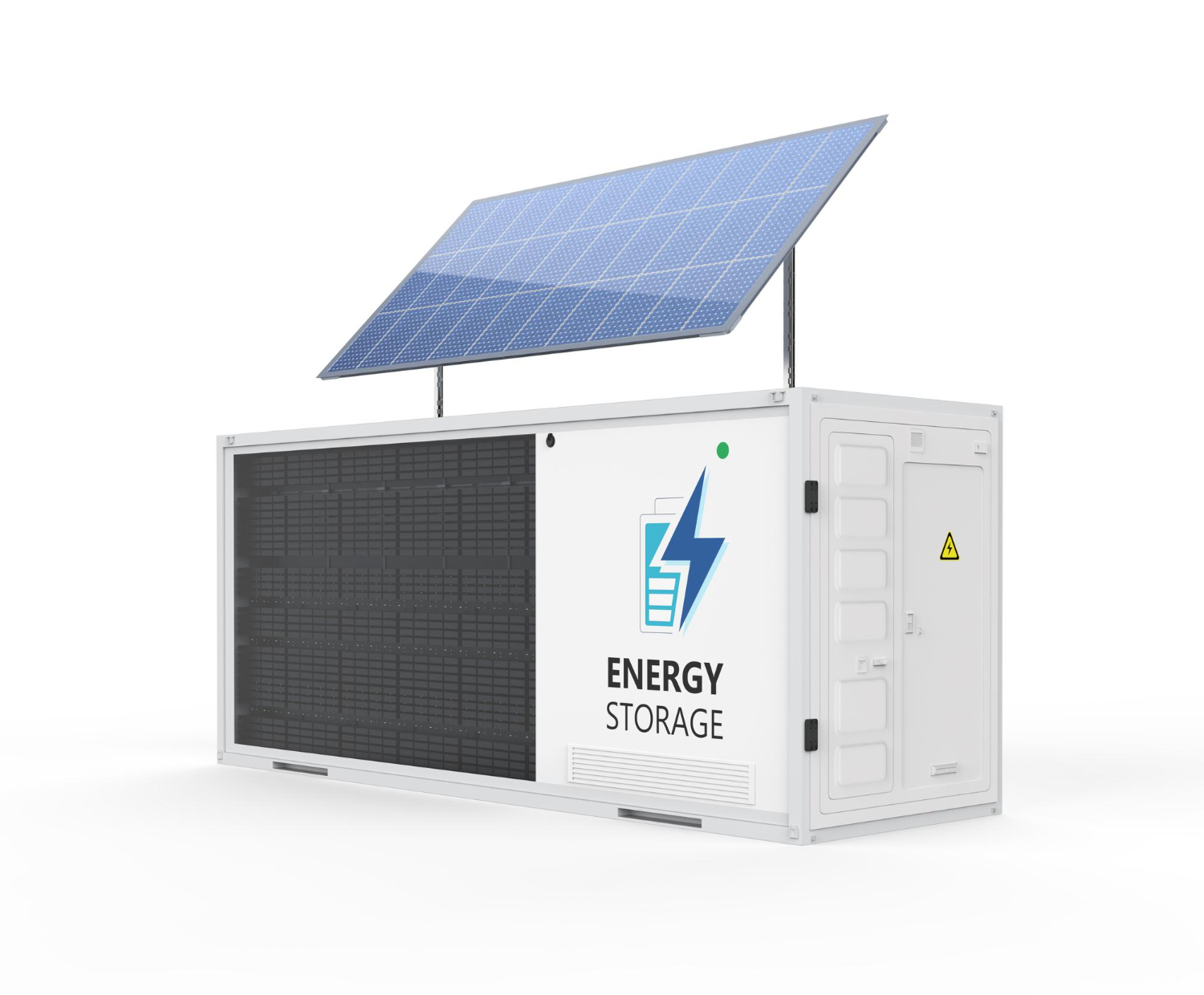Solar energy systems are gaining widespread adoption in residential and commercial settings across Australia, with an increasing number of property owners recognising the benefits of generating clean, renewable energy. A crucial part of any solar energy system is solar battery storage, which allows for continuous access to solar-generated power even when the sun is not shining. As this technology continues to evolve, property owners can safely expect the future of solar battery storage to be even more efficient, flexible, and sustainable.
In this article, we explore the future of solar battery storage, examining the trends and developments that are shaping the renewable energy landscape for residential and commercial applications. From innovative technologies such as solid-state batteries and flow batteries to new opportunities for enhanced energy management and grid integration, we will delve into the advancements that are poised to transform the way solar energy is stored and utilised. Taking a closer look at these emerging technologies will help you make informed decisions about upgrading or expanding your solar power system while keeping up with the latest trends in the renewable energy sector.
1. Solid-State Batteries: A Game-Changer in Solar Storage Technology
One of the most anticipated breakthroughs in solar battery storage is the development of solid-state batteries. Unlike traditional lithium-ion batteries that use a liquid electrolyte, solid-state batteries employ a solid electrolyte, which offers several key advantages:
– Improved Energy Density and Efficiency:
Solid-state batteries have a higher energy density, allowing them to store more energy in a smaller, lighter package. This increased efficiency makes them ideal for residential and commercial applications, particularly where space is limited.
– Enhanced Safety and Durability:
Solid-state batteries are less prone to thermal runaway, a scenario that can lead to traditional lithium-ion batteries overheating or catching fire. This increased safety factor, coupled with a longer lifespan, makes solid-state batteries a promising option for long-term solar energy storage.
– Faster Charging Capabilities:
The solid electrolyte used in solid-state batteries can enable faster charging rates, significantly reducing downtime between charging cycles.
As solid-state battery technology becomes more commercially viable, it has the potential to revolutionise the solar power storage landscape for both residential and commercial users.
2. Flow Batteries: A Sustainable Alternative for Large-Scale Applications
Flow batteries are another emerging solar storage technology that shows immense promise for large-scale commercial applications. By using liquid electrolyte solutions rather than solid materials, flow battery systems can offer unique advantages such as:
– Scalability and Customisation:
Flow batteries can be easily scaled up or down to meet the specific energy storage requirements of a commercial project, providing a high level of customisation in terms of capacity and output.
– Reduced Degradation:
Flow batteries typically exhibit lower degradation rates when compared to traditional battery technologies, which often translates to a longer operational lifespan and reduced replacement costs.
– Environmentally Friendly:
Flow batteries utilise non-toxic, easily recyclable materials, making them a more sustainable and eco-friendly solar storage option.
As the demand for large-scale solar energy storage continues to grow, flow batteries may emerge as a top choice for commercial users seeking a sustainable, adaptable solution.
3. Smart Energy Management and Grid Integration
The future of solar battery storage extends beyond the batteries themselves, with advances in energy management and grid integration also playing crucial roles. Property owners can expect the following developments to have a significant impact on the way solar energy is stored, used, and shared:
– Demand Response Programs:
Innovative demand response programs will enable residential and commercial users to better manage their energy usage, ensuring efficient battery storage and consumption during peak demand periods.
– Virtual Power Plants (VPP):
The integration of multiple solar energy systems and battery storage units will create Virtual Power Plants (VPP) capable of providing additional power to the grid during periods of high demand, enhancing grid reliability and sustainability.
– Peer-to-Peer Energy Sharing:
Blockchain-powered peer-to-peer energy-sharing platforms will allow property owners to sell their excess solar-generated energy directly to other users, fostering a decentralised, collaborative energy market.
By embracing these technologies and strategies, property owners can harness the full potential of their solar energy systems while contributing to a more sustainable, resilient energy grid.
4. Government Support and Incentives for Solar Battery Integration
As solar battery storage technology continues to advance, government support and incentives will play a key role in driving widespread adoption and promoting the integration of these systems into residential and commercial settings. Property owners can expect to see:
– Financial Incentives:
Government-sponsored rebates, grants, and tax credits will help offset the initial costs of installing or upgrading solar battery storage systems, making the technology more accessible and affordable.
– Regulatory Policies:
Policies and regulations encouraging the use of solar energy and battery storage will promote continued innovation and competition within the renewable energy sector.
– Grid Modernisation Projects:
Investment in grid modernisation will support the integration of renewable energy and battery storage systems, creating a more flexible, resilient, and eco-friendly energy infrastructure.
By offering support and incentives for solar battery storage development and integration, governments can help pave the way for a greener, more sustainable future.
Conclusion
The future of solar battery storage is bright, with emerging technologies such as solid-state batteries and flow batteries poised to transform the way we store and utilise solar energy in residential and commercial applications. Alongside these advancements, smart energy management systems and supportive government policies will help property owners make the most of their solar power systems while contributing to Australia’s renewable energy revolution.
Experience the benefits of cutting-edge solar battery storage technology by partnering with Western Elec, a leading provider of solar energy solutions for residential and commercial properties. Our team of knowledgeable technicians can install, maintain, and upgrade solar energy systems to meet the unique requirements of your property, ensuring you’re well-equipped to navigate the future of solar battery storage with confidence. Contact us today to learn more about our solar battery installation in Melbourne and take the first step towards a more sustainable, energy-efficient future.


